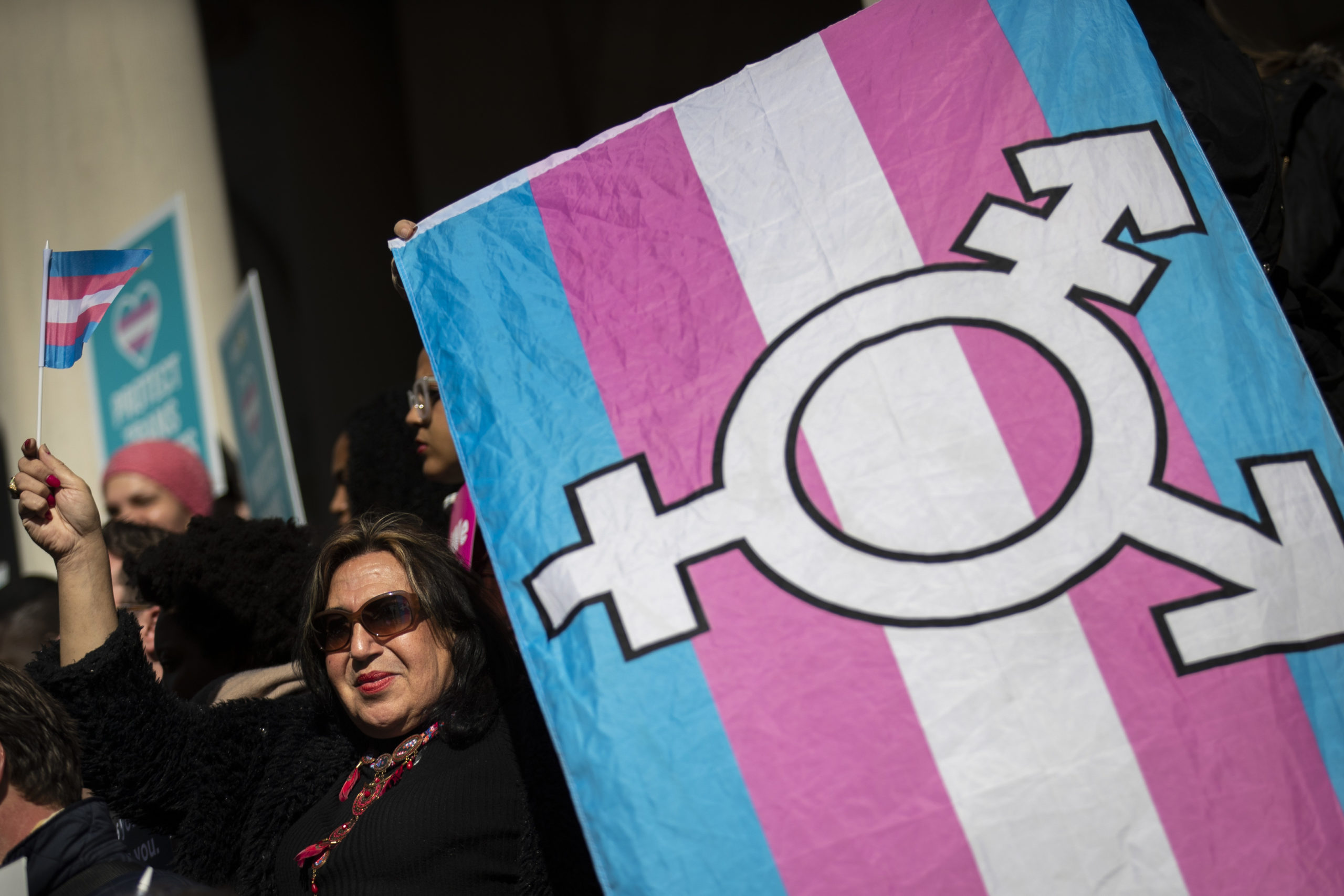Remember what you were like when you were 17?
Ah, yes – for me it was a wonderful time. It was back when I knew everything.
That didn’t last long. I soon realized that all that knowledge I thought I had at 17 didn’t amount to much. And my folly at the time was just simple foolishness.
Nowadays, to be 17 and to be a girl means your folly may result in a mastectomy.
That’s more serious than being a run-of-the-mill know-it-all like I was.
The number of “gender-affirming” chest reconstruction surgeries increased by nearly 400 percent from 2016 to 2019, according to an article in the journal JAMA Pediatrics as reported by MedPage Today and The Blaze.
The Vanderbilt School of Medicine gleaned the information from data in the National Ambulatory Surgery Sample, according to MedPage Today.
Most of the 1,130 such surgeries were reported to be “masculinizing.” That’s med-speak for a mastectomy. The majority of gender-related operations were on 17-year-olds, the Blaze said, but 5.5 percent were on patients under 14.
The number of procedures increased sharply during that four-year period, with 100 in 2016, over 200 in 2017, and 300 in 2018. There were 489 surgeries in 2019, reflecting a 389 percent increase during the time frame of the study, the Blaze reported.
Only 1.4 percent of the treatments were “feminizing” and almost 20 percent involved hormone therapy.
The median cost of the surgery was about $30,000. Private insurance covered 61.1 percent of the cases and public health insurance paid 16.5 percent of them, with only 15.8 percent being self-paid.
Regarding the racial demographics, in 2019, 77.9 percent of the chest-surgery patients were white, 12.2 percent were Hispanic, 2.7 percent were black, 2.5 percent were Asian or Pacific Islander and 0.5 percent were Native American, with 4 percent listed as “other race,” MedPage Today reported, adding that over half of them came from households with more than $82,000 in annual income.
More than half the children treated had other problems, including 21.1 percent with anxiety and 16.2 percent experiencing depression, the Blaze reported.
Worse, while the median age for such butchery was 16, the youngest in the study was 12, MedPage Today reported.
If one can have confused thoughts at 17, think of the blurriness of youngsters at 12.
The drumbeat of transgenderism being forced upon school children may have caused the increase in gender-related surgeries from 100 in 2016. And cheerleader medical professionals aren’t helping.
Rather than lament the increase, JAMA Pediatrics began its article by saying that “Thirty-five state legislatures have introduced more than 100 bills that limit or prohibit access to medically necessary gender-affirming care for transgender and gender-diverse (TGD) youth, resulting in poor mental and physical health outcomes.”
Note the emphasis: Mean old legislators want to restrict treatment that is “medically necessary.”
Right. Necessary. But for whom?
It’s obvious that young people hindered by gender confusion have problems. Those problems might be 1) some normal or somewhat normal aspect of adolescence, 2) true serious psychological or spiritual ailments 3) a reaction to constant propaganda regarding transgenderism resulting in 4) a response to the power of suggestion, especially if transgender-claiming kids get all the attention.
So the kids need counseling, affirmation or the wisdom of an adult in the room, things that may not be considered “medically necessary.”
Sadly, established institutions like the American Medical Association and the American Academy of Pediatrics are all on board with aggressively complying with the cries of confused teenagers. These organization are all ready to go to work cutting up and pumping pharmaceuticals into the kids.
The left-leaning MedPage Today limits the comment sections of its articles to medical professionals. What they say on this one is telling:
Commenter Bridger: “Let me get this right. Well off 16 year old white teenage girls are the biggest consumers. We used to call this hysteria. But that can’t be said. We’re much smarter now. We have generations [of] older better educated, rich white guys making a fortune doing this. There a problem with this?”
DPMD: “Elective mastectomies on children! Yay! Let’s irreversibly mutilate confused teens. What’s next? Weight loss plans for kids with anorexia nervosa? We can call it “weight-affirming care” or some such nonsense.”
Cas123_RN: “This should not even be legal until the age of consent. Instead of outlawing abortion, where are the activists looking for a cause to protest? I cannot believe any physician would even do this. Teenagers don’t have enough maturity to do something so irreversible.”
TASMD: “How often are anxiety and depression identified in adolescents overall? Thought we learned years ago that surgery does not treat or cure psychiatric issues.”
And so it goes. To be sure, the Vanderbilt study and some MedPage today commenters said gender surgery is rare among minors.
“Reconstructive genital surgery is typically not performed in adolescents, but masculinizing chest reconstruction (e.g., mastectomy) and feminizing chest reconstruction (e.g., augmentation mammaplasty) may be performed in outpatient and ambulatory surgery settings,” the JAMA research letter said.
But the Vanderbilt figures of 1,130 gender surgeries on minors in a four-year period represent no small number.
And, as we saw in public policy regarding COVID treatments and efforts to suppress dissent from establishment medical views, one wonders how long it will be before the licenses of health care providers will be jeopardized if they refuse to say that two plus two, in the world of transgenderism, is something other than four.
Or, worse, will they be threatened if they refuse to provide “medically necessary gender-affirming care for transgender and gender-diverse youth?”
It’s a brave new world.
And like so many things in the brave new world, it’s crazy.
This article appeared originally on The Western Journal.
























 Continue with Google
Continue with Google